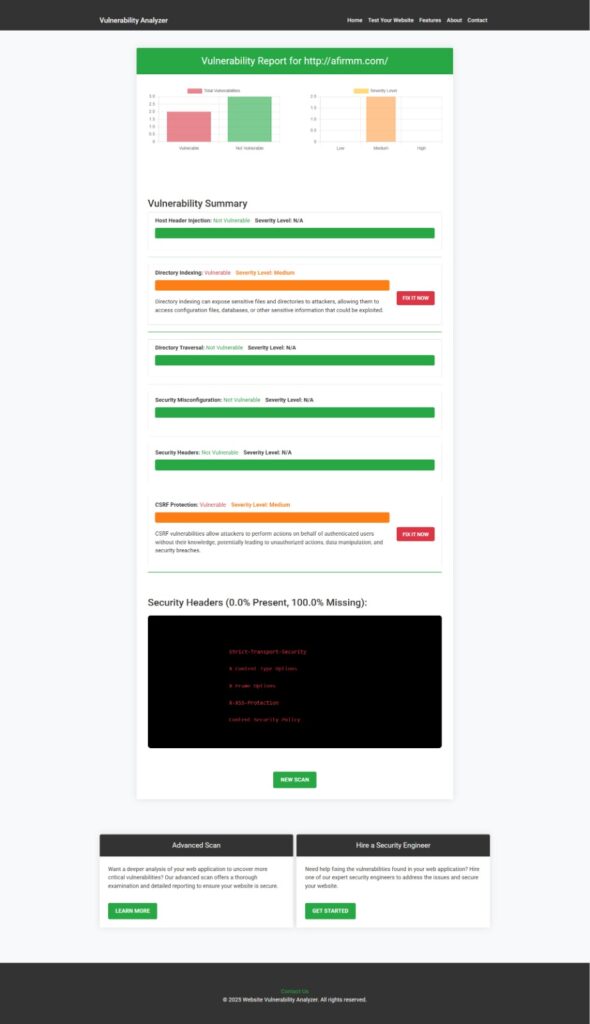5 Critical JWT Attacks in OpenCart & How to Prevent Them
Introduction
JSON Web Tokens (JWTs) have become a standard for securely transmitting information between parties as JSON objects. They are compact, self-contained, and often used in authentication and information exchange in web applications.

However, improper implementation or handling of JWTs can introduce significant security vulnerabilities. In this article, we will explore five critical JWT attacks that can target OpenCart platforms and provide actionable steps to prevent them.
Introduction to JWTs in OpenCart
OpenCart, a popular open-source e-commerce platform, utilizes JWTs to manage authentication and session management. While JWTs offer a streamlined approach to handling user sessions, their misuse can expose OpenCart stores to various cybersecurity threats.
JWT tokens are typically used for:
✅ User authentication
✅ Session management
✅ Secure API requests
Despite their advantages, if JWTs are not properly secured, they can become an entry point for attackers. Let’s explore some of the most common JWT attacks that hackers exploit in OpenCart.
🖼️ Screenshot: Free Security Tools
Before we dive deeper, check out our free website security scanner tools that can help detect JWT vulnerabilities in OpenCart:
📸 Screenshot of Free Security Tools
(This image showcases our cybersecurity tools that help identify JWT misconfigurations in OpenCart.)

Common JWT Attacks in OpenCart
1. Algorithm Confusion Attack
JWTs support multiple algorithms for signing tokens, such as HMAC (symmetric) and RSA (asymmetric).
An algorithm confusion attack occurs when an attacker manipulates the token’s header to change the algorithm from a secure one (e.g., RS256) to none or a less secure one, leading to signature verification bypass.
❌ Vulnerable Code Example
$jwt = $_COOKIE['jwt'];
$decoded = JWT::decode($jwt, $publicKey, array('RS256', 'HS256'));In this example, the application accepts both RS256 and HS256 algorithms. This allows an attacker to modify the token’s algorithm to HS256 and use a symmetric key to forge a valid signature.
✅ Secure Code Example
$jwt = $_COOKIE['jwt'];
$decoded = JWT::decode($jwt, $publicKey, array('RS256'));By specifying only the intended algorithm, the application ensures that tokens signed with other algorithms are rejected.
2. Token Expiration Bypass
JWTs include an exp (expiration) claim that defines the token’s expiration time.
If the application does not properly validate this claim, attackers can reuse expired tokens to gain unauthorized access.
❌ Vulnerable Code Example
$jwt = $_COOKIE['jwt'];
$decoded = JWT::decode($jwt, $publicKey, array('RS256'));
// No check for token expiration✅ Secure Code Example
$jwt = $_COOKIE['jwt'];
$decoded = JWT::decode($jwt, $publicKey, array('RS256'));
if ($decoded->exp < time()) {
throw new Exception('Token has expired');
}Implementing a check for the exp claim ensures that expired tokens are invalidated.
🖼️ Screenshot: Website Vulnerability Assessment Report
📸 Screenshot of Website Vulnerability Report (This image displays a vulnerability report of an OpenCart website scanned using our free tool.)

3. Signature Spoofing
If the server does not properly verify the token’s signature, attackers can modify the token’s payload and forge a new signature, leading to unauthorized actions.
❌ Vulnerable Code Example
$jwt = $_COOKIE['jwt'];
$decoded = JWT::decode($jwt, $publicKey, array('RS256'));
// No signature verification✅ Secure Code Example
$jwt = $_COOKIE['jwt'];
$decoded = JWT::decode($jwt, $publicKey, array('RS256'));
if (!JWT::verify($jwt, $publicKey, 'RS256')) {
throw new Exception('Invalid token signature');
}Ensuring proper signature verification prevents attackers from tampering with the token’s payload.
Preventive Measures
To safeguard your OpenCart platform from JWT-related attacks, consider the following best practices:
✅ Enforce Algorithm Restrictions
Specify and enforce the use of a single, secure algorithm for signing tokens.
✅ Validate Token Claims
Thoroughly validate all token claims, including ‘exp’, ‘nbf’, and ‘iat’, to ensure they meet your application’s requirements.
✅ Use Secure Storage
Store tokens securely using HttpOnly cookies or local storage encryption.
✅ Implement Token Rotation
Refresh tokens periodically and invalidate old ones to minimize security risks.
✅ Monitor and Log Token Activity
Maintain logs of JWT authentication attempts and detect anomalies in token usage.
Conclusion
JWTs play a crucial role in authentication and session management in OpenCart. However, if not properly handled, they can introduce severe security vulnerabilities.
By implementing best practices such as algorithm restriction, token expiration validation, and replay attack detection, you can significantly enhance the security of your OpenCart store.
🔗 Related Articles:
- Business Logic Vulnerabilities in TypeScript
- Prevent NoSQL Injection in OpenCart
- OAuth Misconfiguration in OpenCart
- Web Cache Deception in OpenCart
- Cybersecurity Blog
Final Thought
Securing JWTs in OpenCart is not optional—it’s a necessity. By understanding the threat landscape and applying secure coding practices, you can safeguard your e-commerce platform from potential cyberattacks.
🚀 Stay ahead of hackers. Secure your OpenCart store today!

